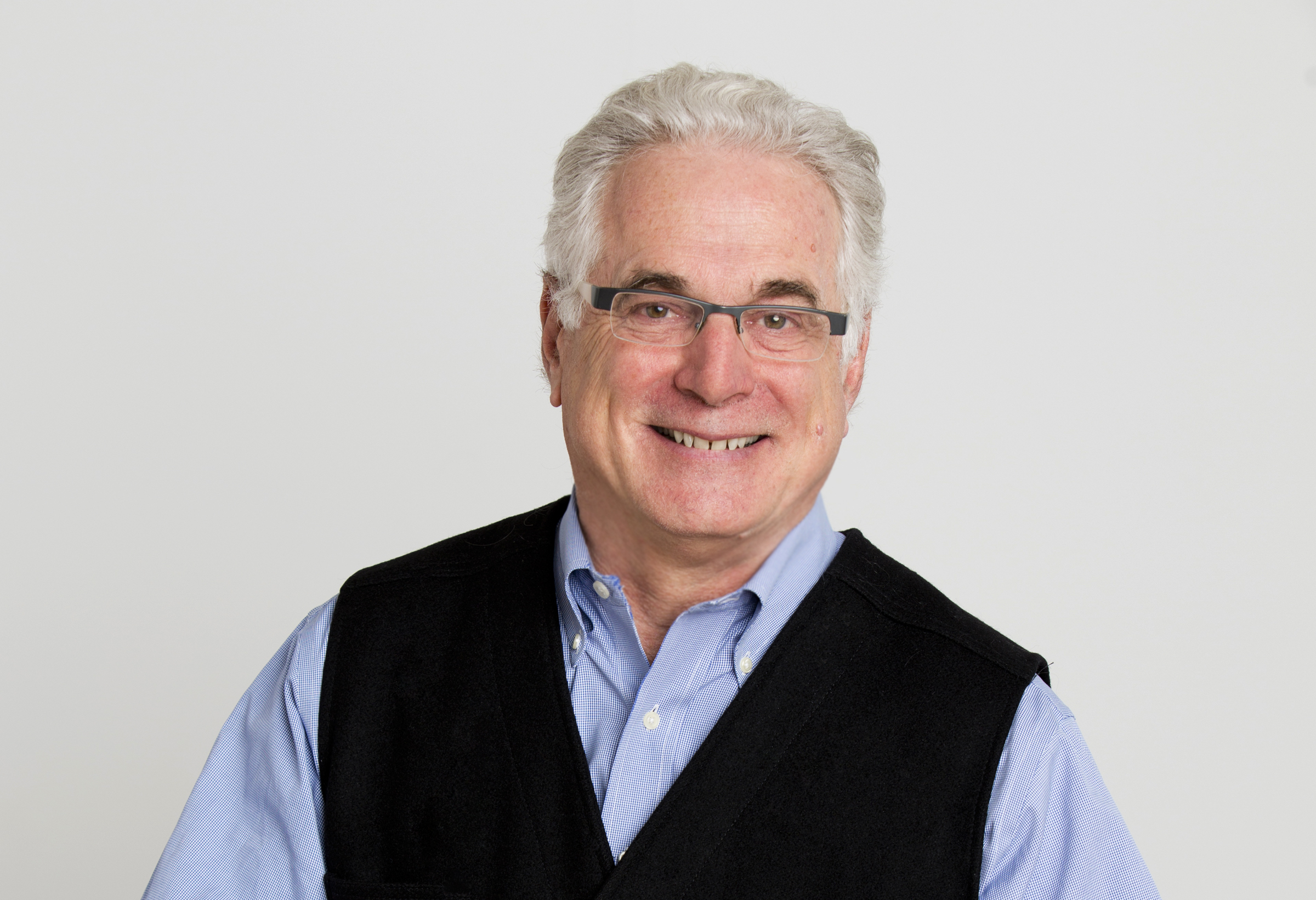TICKETS ARE ON SALE NOW for Nobel 52: In Search of Economic Balance.
“Economic literacy doesn’t mean becoming comfortable constructing elegant mathematical models or quantifying the impact of interest rates on the housing market.”—Chris Farrell
Why learn economics? We’re already amateur economists at work, school, and the neighborhood barbecue, talking about jobs and careers, exchanging investment strategies for retirement savings and debating the reasons for rising income inequality in the U.S.
Economics grapples with many social and pocketbook issues that affect us as employees and employers, consumers and savers, and voters. Most importantly, economics struggles with making sense of society’s knottiest issues—questions that go to the heart of American and global life. Where does economic growth come from? What can be done to improve everyone’s standard of living? I like the way the late Nobel Laureate Paul Samuelson and his co-author William Nordhaus put it in their famous textbook, Economics:
“The ultimate goal of economic science is to improve the living conditions of people in their everyday lives. Increasing the gross domestic product is not just a numbers game. Higher incomes mean good food, warm houses, and hot water. They mean safe drinking water and inoculations against the perennial plagues of humanity.”
Little wonder economics has become the modern language of policy making.
Now, economic literacy doesn’t mean becoming comfortable constructing elegant mathematical models or quantifying the impact of interest rates on the housing market. Leave that to the professionals. Economic literacy isn’t following a particular ideology or perspective. No, economic literacy is synonymous with everyday listeners and readers of the news having a reasonable grasp of the money, business, and economic policy making stories told by our leaders and advocates.
“This kind of economic literacy can improve the quality of public discussion about economic policies, such as Social Security, the minimum wage, and environmental regulation,” says Alice Rivlin, economist and former vice-chair of the Federal Reserve Board. Paul Romer, an economist at New York University, sees the fundamental task of teaching economics as helping people “set aside their immediate emotional reactions and to reason carefully about the question at hand.”
Learning more about economics might not prevent us from making a financially foolish investment or voting for a well-intentioned program that falls short of its promise. But a better stock of economic knowledge should improve both our capacity for thinking through our choices and our ability to exercise critical judgment when it comes to policies that may, or may not, improve our lives.
Chris Farrell is senior economics contributor for American Public Media’s Marketplace and author of Unretirement: How Baby Boomers Are Changing the Way We Think About Work, Community, and the Good Life.

Leave a Reply